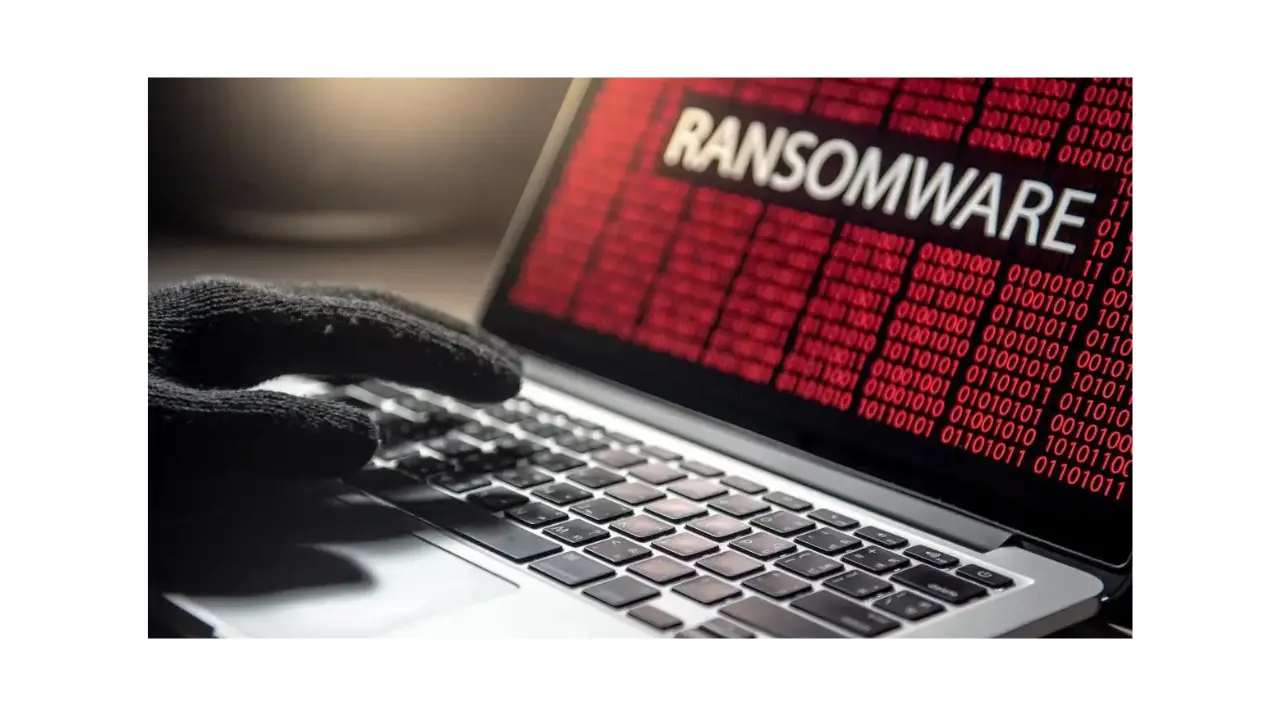Now, a massive ransomware attack has hit the financial sector of India, reportedly impacting about 300 small banks. The disruption of millions of customers’ routine banking activities across the country also affected ATM and UPI services.
Ransomware Attack India’s banking sector
A big cyberstorm, ransomware, hit the Indian banking world. The digital storm has engulfed some 300 small banks across the country. This attack has caused massive disruption to millions of customers’ routine banking activity. Please inform us about this incident in detail.
Target of attack
This time, it was a company named C-Edge Technologies that cybercriminals attacked. This firm provides technical assistance to small banks. The ransomware attack on C-Edge Technologies shook the very backbone of the banking services.
Effect of attack
This attack has primarily affected ATM and UPI services. Neither has the customer been able to withdraw money from the ATMs nor make any payments through UPI. The system has severely affected even high-value online transactions like RTGS. The system used to deduct money from the sender’s account but often did not credit it back to the receiver’s account. Customers are worried about their situation.
Number of banks affected
What makes this cyber attack serious is the fact that it has affected some 300 small banks across the country, thereby involving 17 district cooperative banks in Gujarat. While these banks account for less than 1% of total banking transactions in the country, millions of customers are still reeling under the impact.
Solution Efforts
We have taken immediate action to address this issue. The National Payments Corporation of India said on Tuesday that the work to restore the system is going on war footing in collaboration with C-Edge Technologies. Further, a comprehensive security assessment is underway. To avoid cascading damage from the prime payment system, we temporarily disconnected the affected institutions.
Customers are now having a difficult time getting their money back. Banks and government agencies are on tenterhooks to rectify this problem as soon as possible.
The case reflects how cyber security has become crucial in the digital age. Small banks should bolster their security systems. Customers should also remain more alert and raise an alarm the moment they smell something fishy.





